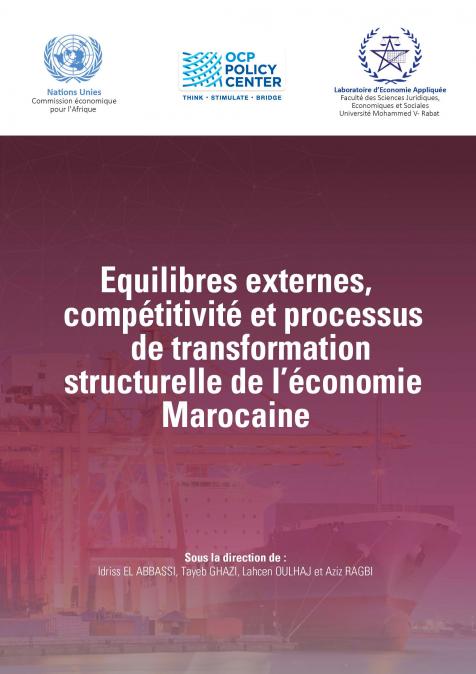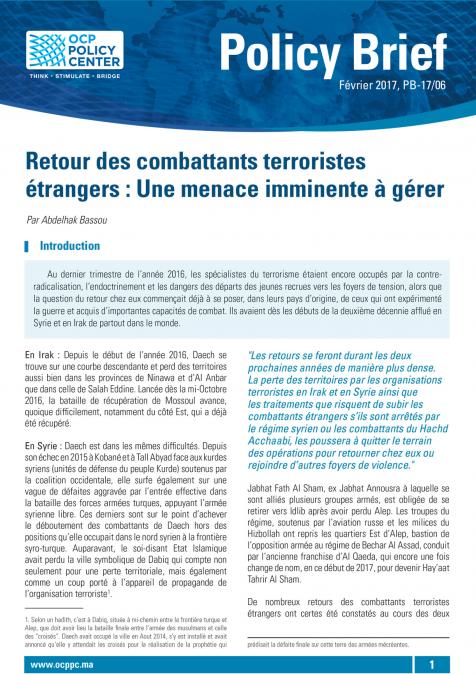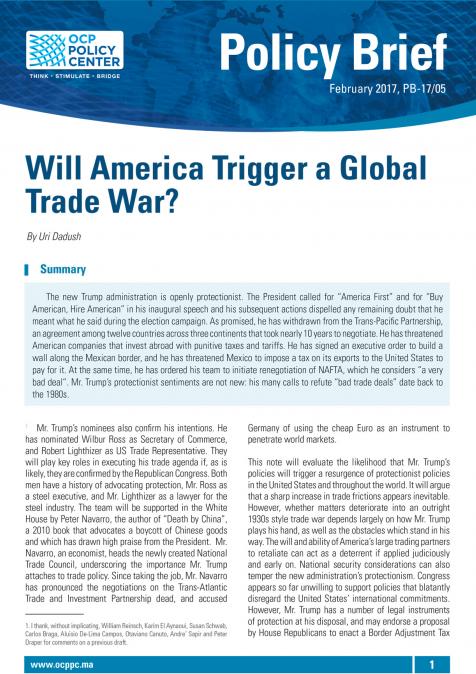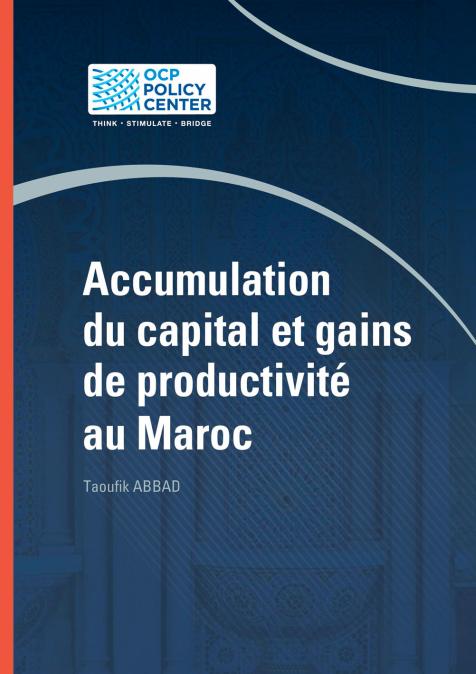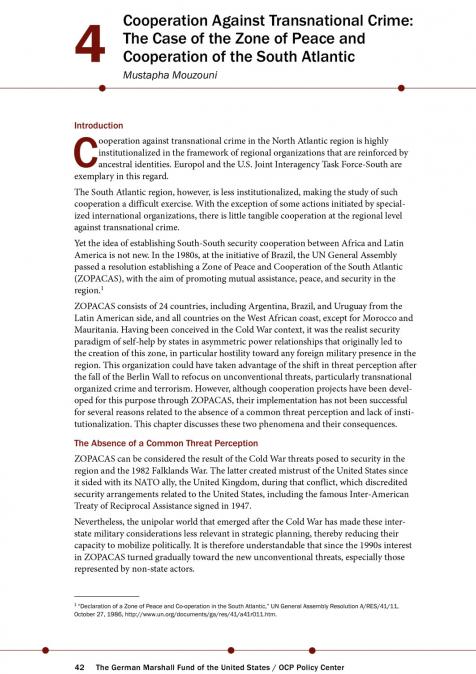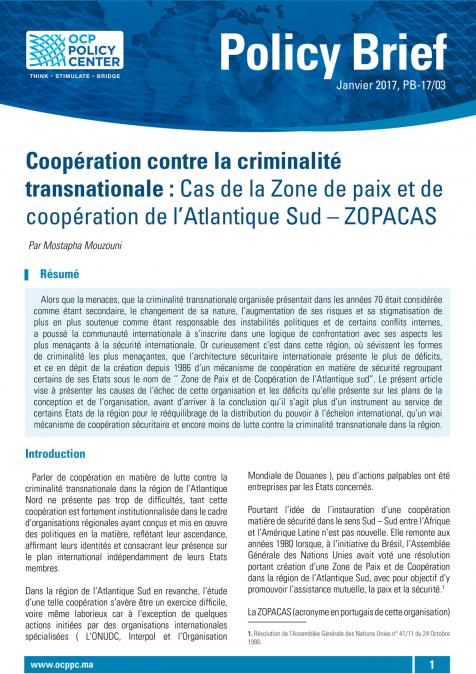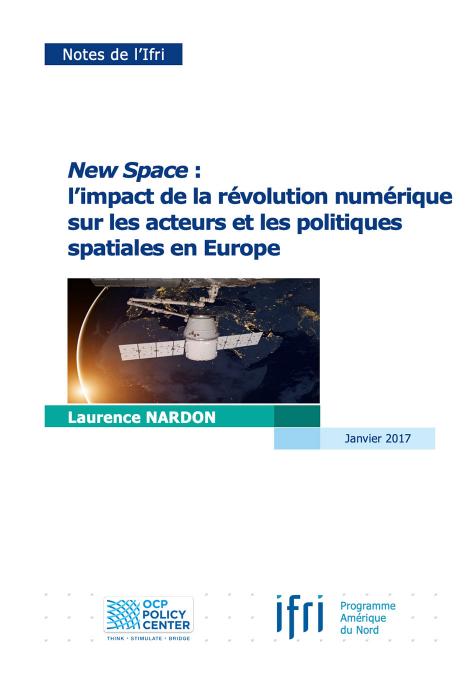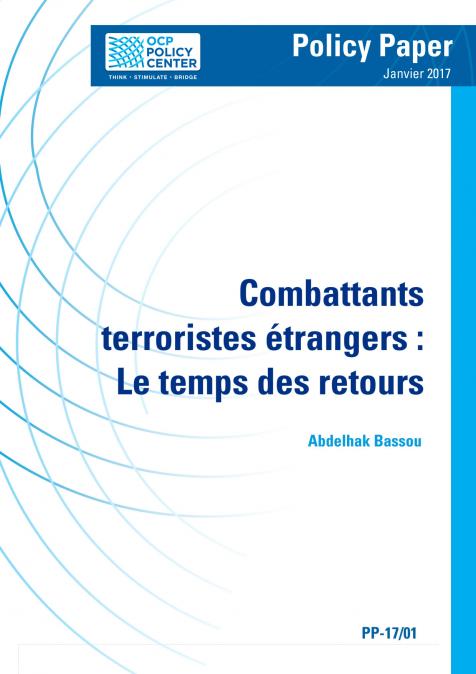Publications /
Book / Report
Le présent ouvrage se propose d’apporter quelques éléments d’appui supplémentaires aux policy-makers pour une meilleure identification des défaillances des marchés au Maroc et une mise en place d’une stratégie de diversification et une politique industrielle efficientes, sans toutefois tomber dans la situation inverse où une stratégie mal définie et des outils mal choisis peuvent se traduire par une défaillance des politiques publiques.
L’appréhension des difficultés qu’éprouve l’économie marocaine est approchée dans cet ouvrage par l’examen d’une multitude de facteurs, notamment, l’insuffisance du dynamisme des exportations et la faible sophistication du secteur industriel, des IDE avec de faibles effets d’entrainement sur les capacités nationales, en plus de certains aspects liés à la relation entre la politique macroéconomique et la compétitivité, en particulier la politique de change.
Ces trois axes de recherche devraient apporter quelques éléments d’appui supplémentaires aux policy-makers pour une meilleure identification des défaillances des marchés au Maroc et un renforcement de l’orientation récente du pays en matière de diversification des exportations et de politique industrielle.
Ce livre est le fruit d’un colloque organisé le 25 Mai 2016 dans le sillage de la collaboration entre l’OCP Policy Center, le Laboratoire d’Economie Appliquée de la faculté des sciences juridiques, économiques et sociales Rabat-Agdal (LEA/FSJES), ainsi que la Commission Economique pour l’Afrique des Nations-Unies (UNECA), sans oublier le soutient scientifique du Centre National pour la Recherche Scientifique et Technique (CNRST). Il est réalisé dans un contexte marqué par la nécessité d’approfondir la compréhension des différentes dimensions de la compétitivité de l’économie marocaine et des facteurs entravant une transformation rapide de son tissu productif. L’ouvrage est rédigé par vingt-trois chercheurs et experts nationaux et internationaux, et est le deuxième qui réunit l’OCP Policy Center et le Laboratoire d’Economie Appliquée de l’Université Mohammed V (après le livre intitulé : « Politique Budgétaire et Activité Economique au Maroc : Une analyse quantitative »), une tradition que les deux institutions souhaitent pérenniser à travers le lancement de nouveaux projets de collaboration à l’avenir.

